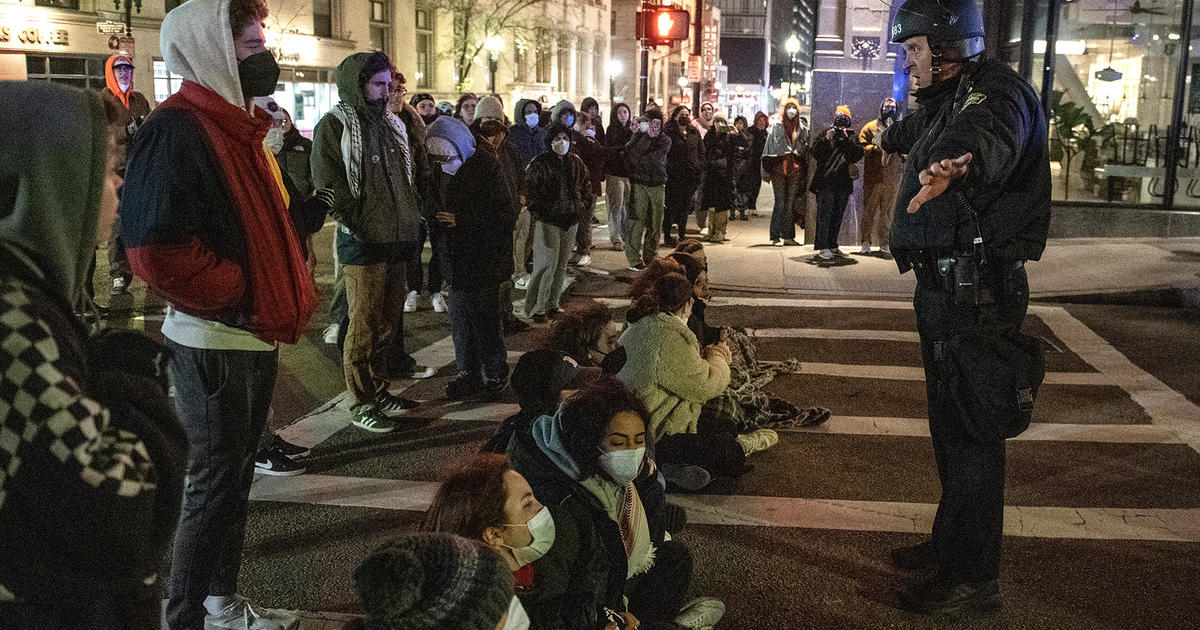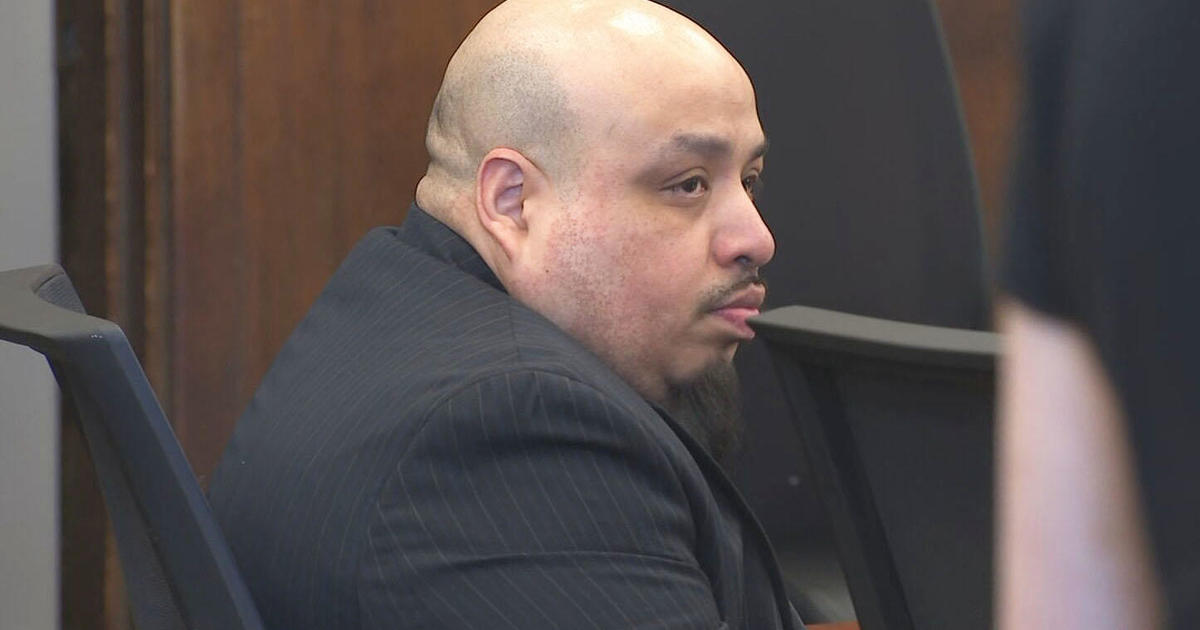How Coronavirus Treatment Has Changed Over The Past Year
BOSTON (CBS) - According to researchers at Johns Hopkins University, 1.7% of people who have been infected with COVID-19 in the United States have died from the virus.
In Massachusetts, more than 14,000 people have lost their lives to COVID-19 over the past year. More than half of them, about 7,600, had been hospitalized and more than half had pre-existing conditions.
Dr. Mallika Marshall said the death rate is falling and that is probably due to a combination of factors.
Most people getting infected now are young and less likely to get really sick. In addition, healthcare providers have learned a lot over the past year about how to keep patients out of the hospital and how to treat them once they enter.
Monoclonal antibodies are designed to attack the coronavirus itself and can be given in patients with mild to moderate COVID-19 symptoms who are at high risk of developing severe disease.
They have been shown to help keep people out of the hospital although there is some concern that the current ones available may not be as effective against the new variants. Companies are trying to create more powerful ones that the new variants can't evade.
They're given by IV, so patients typically would have to be in the hospital to receive them.
Doctors are now trying to arrange for people to get the infusion in their homes, to keep them out of the hospital.
The goal is to try to keep people off ventilators because once on, it can be hard to get patients with COVID off a ventilator.
So patients are given supplemental oxygen and encouraged to lie on their stomachs to help open the lungs, a strategy called "proning."
Steroids, like dexamethasone, are given to help suppress inflammation in the lungs which has been shown to reduce mortality.
An intravenous antiviral medication, called remdesivir, can be used within the first few days of infection to speed recovery in hospitalized patients and many patients are treated with blood thinners to prevent blood clots.
Of course, you should continue to wear masks and social distance and get vaccinated as soon as you can. Other things that might help include getting good sleep, exercising regularly, and eating a healthy diet.
There is also some evidence that vitamin D might help protect against respiratory infections, including the coronavirus, especially in people who have low vitamin D levels. Studies are underway to see if it might benefit patients with COVID.



